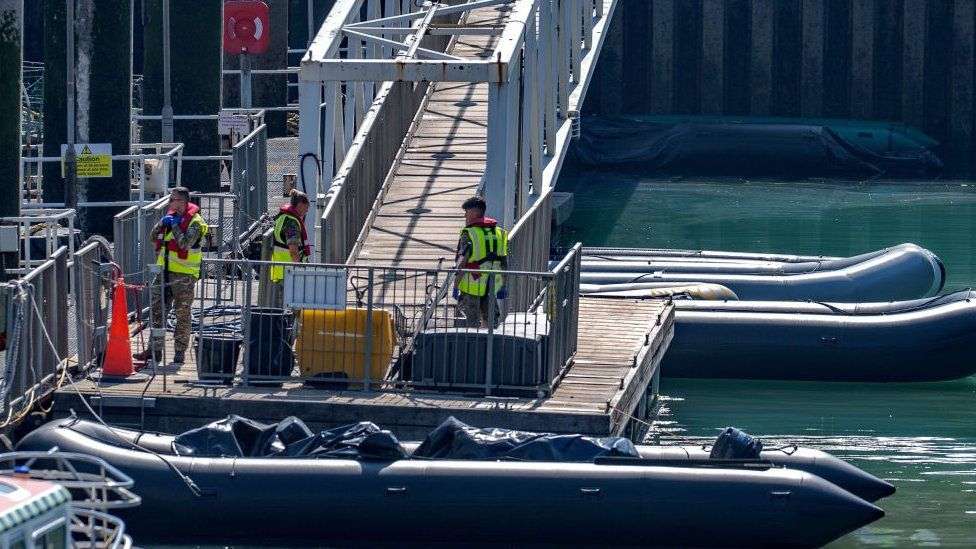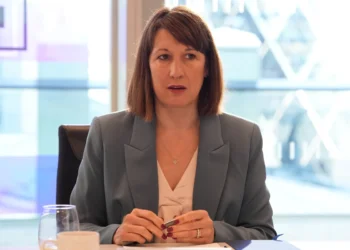Some asylum claimants who arrived in the UK in small boats or in the back of lorries could be electronically tagged under a new Home Office trial.
A 12-month trial could affect adults, due for removal from the UK after arriving via what the government calls “dangerous or unnecessary” routes.
The first to be tagged will likely be people who successfully challenged their removal to Rwanda this week. However, critics said the plan treats those fleeing persecution as criminals. The pilot came days after the first flight taking asylum seekers from the UK to Rwanda was cancelled following a last-minute intervention by the European Court of Human Rights (ECHR).
Details of the Electronic Tagging
The Home Office noted that the trial, which began on Thursday, June 16, 2022, in England and Wales, would test whether tagging helps maintain regular contact with asylum claimants and progresses their claims more effectively. It will also collect data on how many people abscond.
People who have been tagged may be subject to a curfew, and those who fail to comply with their conditions could be taken back to detention, or prosecuted. The guidance said those who are informed that they are to be removed from the UK may be at an increased risk of absconding and would have less incentive to comply with immigration bail conditions.
It is unclear exactly how decisions will be made on who to tag, but Home Office guidance said it will not include children or pregnant women, adding that caseworkers must also consider whether the device would cause serious harm to the person’s mental or physical health, or whether they have been a victim of torture or modern slavery.
However, the guidance said these factors do not in themselves prohibit imposing a tag. Those with the location-tracking device will be required to regularly report in person to an immigration centre or police station.
Treating Human Beings as Criminals
Chief Executive of the Refugee Council, Enver Solomon, said that “It’s appalling that this government is intent on treating men, women and children who have fled war, bloodshed and persecution as criminals”.
“This draconian and punitive approach not only shows no compassion for very vulnerable people; it will also do nothing to deter those who are desperately seeking safety in the UK.”
Chief Executive of the Refugee Council, Enver Solomon
But a Home Office Spokesperson averred “The government will not be deterred as we plan for the next flight to Rwanda”, adding that “We will keep as many people in detention as the law allows, but where a court orders that an individual due to be on Tuesday’s flight should be released, we will tag them where appropriate”.
It came as Home Secretary, Priti Patel, said a decision by a European Court, which effectively grounded the first Rwanda-bound removal flight was “absolutely scandalous” and politically motivated. Judges at the ECHR granted an injunction that left a chartered plane to Kigali unable to depart. Mrs. Patel told the media that the court was “opaque”.
“We don’t know who the judges are, we don’t know who the panel are, we haven’t actually had a judgment – just a press release and a letter saying we can’t move this person under rule 39.”
Home Secretary Priti Patel
The Role of the ECHR
The ECHR protects civil and political rights established in the aftermath of World War Two. However, it is separate from the European Union (EU).
The Rwanda plan, announced by the government in April 2022, intends to give some migrants who cross the Channel to the UK a one-way ticket to Rwanda to claim asylum there instead. The government said the scheme, which came at an initial cost of £120m, would discourage others from crossing the Channel, although Home Office civil servants have been unable to precisely quantify the benefits of the policy.





















